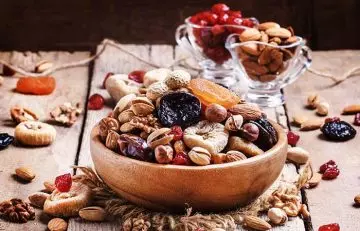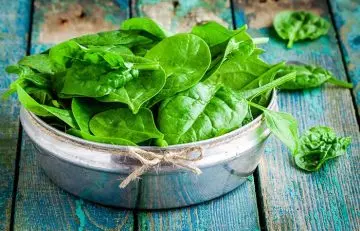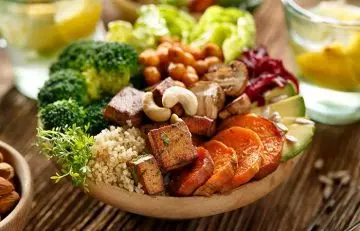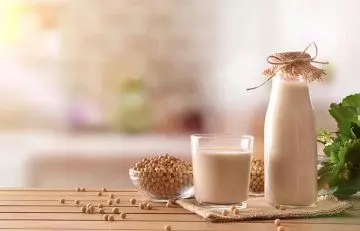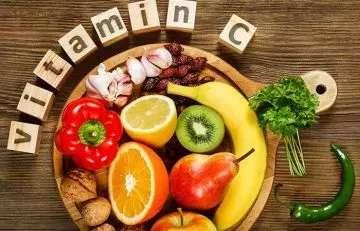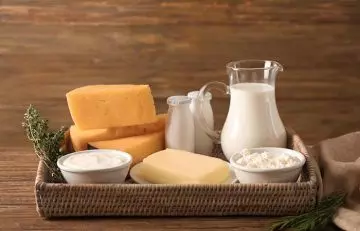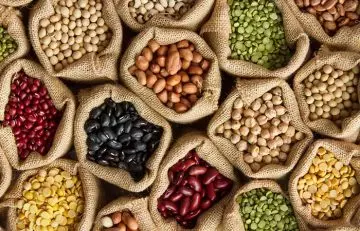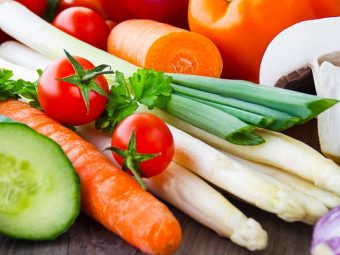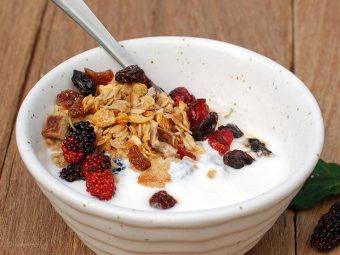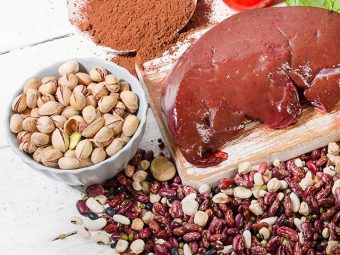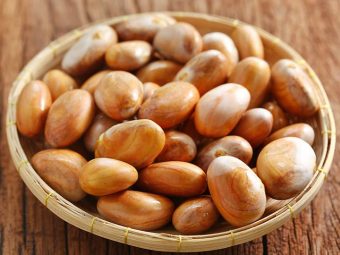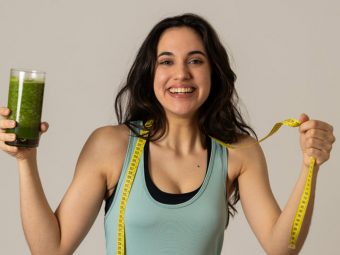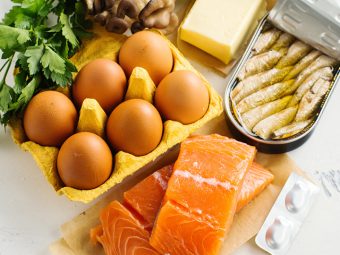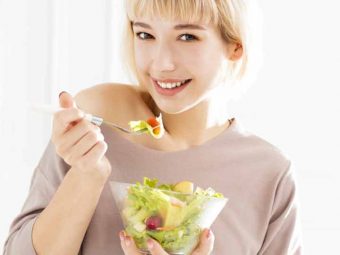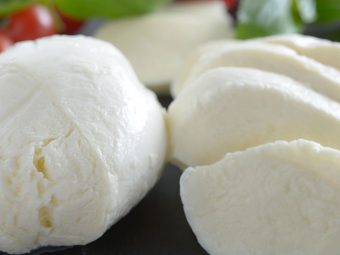9 Things To Remember When You Go On A Vegetarian Diet To Stay Healthy

Image: Shutterstock
Did you know that the world was made up of 375 million vegetarians in the year of 2014 (1)? That number only seems to be increasing now as more and more people realize the health benefits of a vegetarian diet (2)! Despite all the health benefits though, doubt still looms over vegetarianism as plant-based food products lack in the essential nutrients and minerals one can derive from meat.
However, there’s not much cause for concern here as you can still get all these essential nutrients and minerals from plants. Here are 9 tips to help you get the maximum nutrition from your vegetarian diet:
1. Have A Fat-Rich Diet
Fats are essential as they help absorb fat-soluble vitamins such as vitamins A, D, E, and K. They also aid in the reproduction of cells, keep your heartbeat regular, act as anti-inflammatory agents, and keep your cholesterol levels in check (3). That said, your daily diet shouldn’t be composed of more than 30-33% of fat (4). Good sources of unsaturated fats are nuts, fruits, and seeds. Those of monounsaturated fats are olive oil, coconut oil, almond oil, etc., while those of polyunsaturated fats are walnuts, sunflower seeds, and avocados.
2. Include Omega Fatty Acids
A diet rich in omega fatty acids can help you avoid as well as manage conditions such as heart diseases, eczema, arthritis, etc. (5), (6). Fish and eggs are a great source of fatty acids. However, as a vegetarian, you can get omega-3 and omega-6 fatty acids from a wide variety of nuts and veggies such as walnuts, leafy greens, flaxseeds, etc.
3. Derive Protein From Veggies And Grains
Proteins are composed of amino acids, which must be acquired from food as the human body cannot synthesize it on its own (7). Many people believe that a pure vegetarian diet lacks protein, but that is quite far from the truth. Even though meat and eggs are great sources of protein, vegetarian options such as tofu, brown rice, broccoli, beans, chickpeas, and dairy products are also rich in protein. Ideally, you should have 0.41g of protein for every 500g of your weight.
4. Get Vitamin B-12
Vitamin B-12 is essential for your body as it helps in normal brain function, keeps your nervous system going, and aids in blood and DNA formation (8), (9). Unfortunately, this vitamin is mostly only found in non-vegetarian food items. So, if you’re a vegetarian, you should consider taking supplements for it. You can also add cereal, soy milk, and nutritional yeast to your diet to get your dose of vitamin B-12.
5. Don’t Forget Your Vitamin D
The role of vitamin D is to preserve your muscle and bone health, boost your immune system and ensure your nervous system works properly (10). You can get plenty of vitamin D from sunlight. Dairy and dairy products such as cheese and yogurt are also excellent sources of vitamin D. Other plant-based sources of vitamin D you can have include orange juice, cereal, mushrooms, soy milk, spinach and more (11).
6. Put Extra Salt In Your Food
Iodine deficiency is common among vegetarians since their diet doesn’t naturally contain much of it. Iodine is necessary for your thyroid glands to function properly and it also aids in growth and metabolism (12). Fish is a great source of iodine, but so is salt. If you add just about 1/4th teaspoon of iodised sea salt to the foods you cook every day, you shouldn’t have to worry about diseases like goitre.
7. Get Vitamin C And Iron From Fruits
Your body needs iron to produce the haemoglobin in your red blood cells, which help in the transfer of oxygen all through your body. As for vitamin C, it helps keep your skin, tendons, ligaments, bones, and cartilages healthy, also helping absorb iron among other things (13). If you’re a vegetarian, you’ll need twice the amount of iron as compared to a non-vegetarian as plant-based iron is harder to absorb. That said, rich sources of iron include spinach, bananas, etc., while those of vitamin C are citrus fruits.
8. Load Up On Calcium
Calcium is needed for strong bones and proper growth and is mostly found in dairy products and meat. Fortunately, vegetarian sources of calcium are as good as plant-based ones, with notable sources being soy milk, oats, and leafy greens. However, if you believe you’re not having enough calcium, you can ask your doctor for supplements.
9. Get Zinc From Beans And Seeds
Zinc is essential for your immune system, for your wounds to heal properly, for protein synthesis, and for cell division (14). Although zinc is found in abundance in meat, plant-based sources of it exist. Beans and seeds, in particular, prove to be excellent sources of zinc for vegetarians.
There’s not an essential substance in meat that you can’t find a substitute for in fruits and vegetables. So, no matter what people say, as long as you have the above foods in your diet, you can be as healthy as a non-vegetarian!

